You say I have an attitude, I say don't encourage me

You say I have an attitude, I say don't encourage me
Attitude is a complex and multifaceted concept that can greatly influence our interactions with others and our overall outlook on life. When someone tells us that we have an attitude, it can be seen as a criticism or a judgment of our behavior. However, how we choose to respond to this feedback can make all the difference in how we are perceived by others.The phrase "You say I have an attitude, I say don't encourage me" suggests that the individual is aware of their attitude and is not afraid to embrace it. It implies a sense of defiance and self-assuredness, as if to say, "I am who I am, and I will not change for anyone." This can be both empowering and off-putting to those around us, depending on the context and the nature of our attitude.
Having an attitude can be a double-edged sword. On one hand, it can be a sign of confidence, assertiveness, and independence. It can help us stand up for ourselves, set boundaries, and express our true feelings and opinions. However, on the other hand, it can also be seen as confrontational, disrespectful, and uncooperative. It can alienate others and create unnecessary conflict in our relationships.
When someone tells us that we have an attitude, it is important to reflect on our behavior and consider whether our attitude is serving us well or hindering our personal growth and relationships. It is also important to consider the intentions behind the feedback and whether there is room for improvement in how we communicate and interact with others.
Ultimately, how we choose to respond to being told that we have an attitude is a reflection of our self-awareness, emotional intelligence, and willingness to grow and change. By acknowledging our attitude and being open to feedback, we can learn to navigate our relationships more effectively and cultivate a more positive and constructive attitude in the long run.

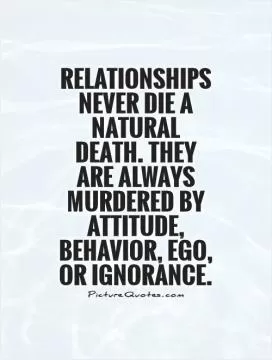
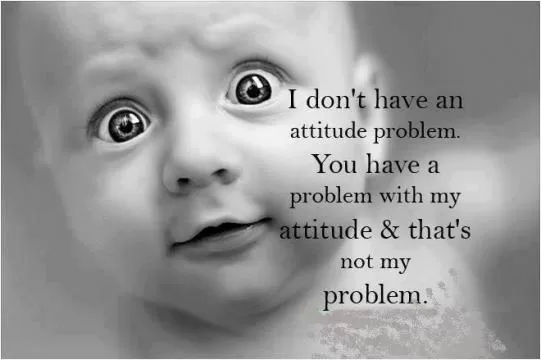

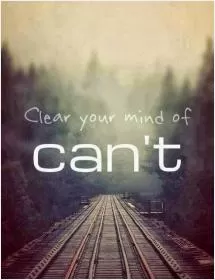
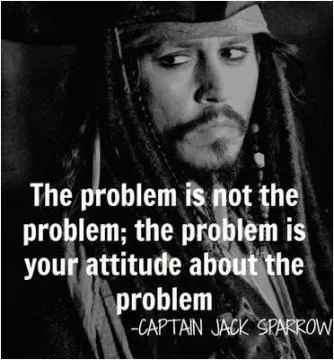





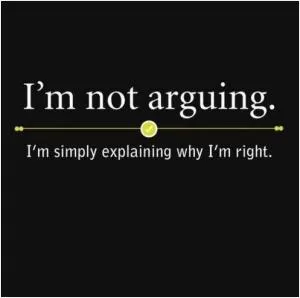
 Friendship Quotes
Friendship Quotes Love Quotes
Love Quotes Life Quotes
Life Quotes Funny Quotes
Funny Quotes Motivational Quotes
Motivational Quotes Inspirational Quotes
Inspirational Quotes